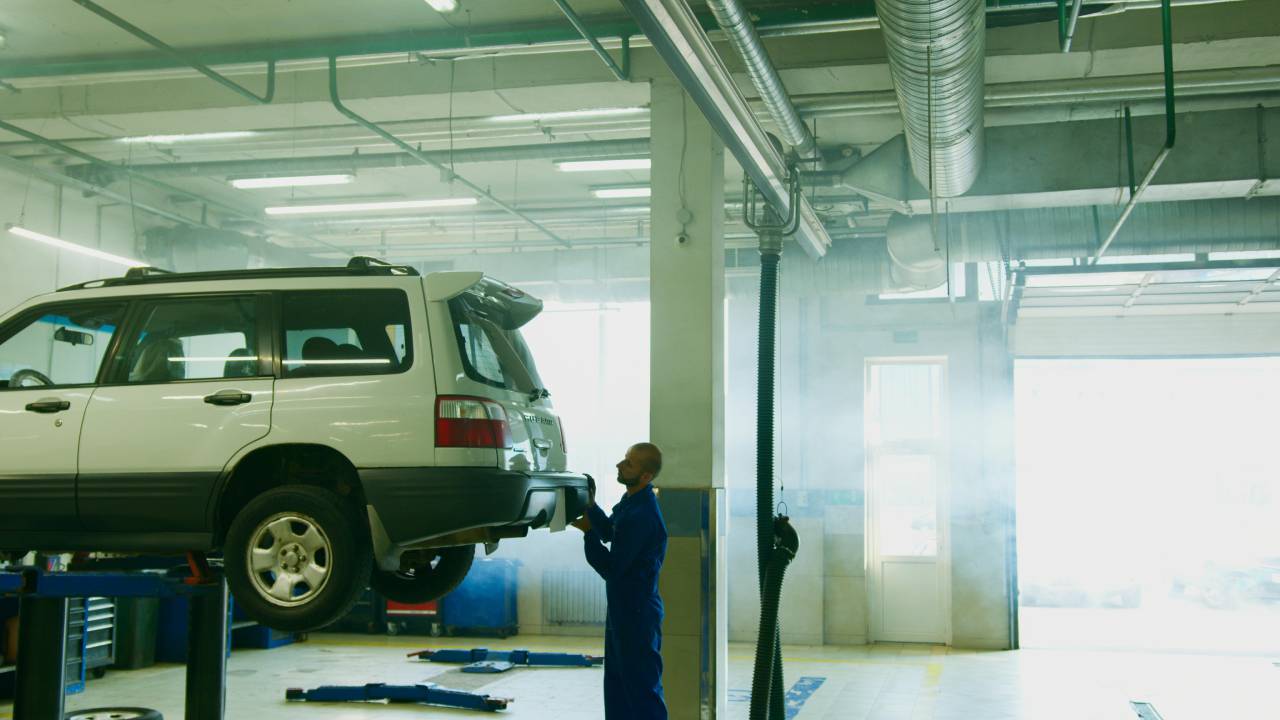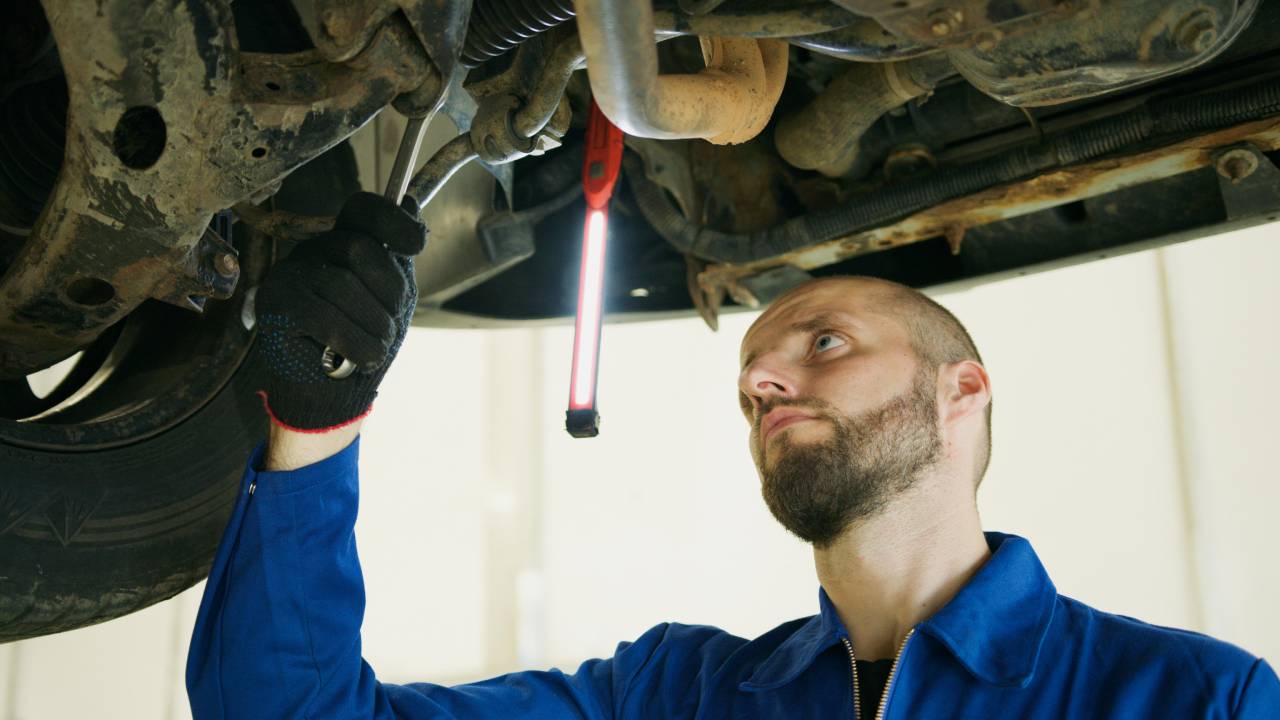Car breakdowns and accidents are an unfortunate reality that most car owners face at some point. These situations not only disrupt our daily routines but can also lead to unexpected repair expenses. Knowing the types of repairs your vehicle might need after a breakdown or accident can help you act quickly, minimize additional damage, and ensure your car remains safe to drive.
This guide covers the most common repairs car owners may encounter and provides insights into whether to tackle the job yourself or leave it to a professional. By the end of this blog, you’ll be better equipped to handle unexpected vehicle issues and make informed decisions about your repair needs.
Common Repairs After a Breakdown
Engine Issues
Engine problems are one of the most frequent reasons for vehicle breakdowns. From strange noises to inconsistent performance, engine issues can stem from various causes.
- Common Symptoms: Difficulty starting the engine, loss of power, or unusual knocking sounds.
- Potential Repairs:
- Checking and replacing spark plugs or ignition coils to restore engine performance.
- Cleaning or replacing clogged fuel injectors can solve problems such as poor acceleration.
- Resolving timing belt or chain issues, as these are critical components for engine operation.
Regular oil changes and maintenance can go a long way in preventing engine breakdowns, but if problems persist, don’t hesitate to consult a professional.
Electrical System
A malfunctioning electrical system can leave you stranded without warning. Key components like the battery, alternator, or starter motor are often the culprits.
- Common Symptoms: Dead battery, dim headlights, non-functional dashboard lights, or issues with starting the car.
- Potential Repairs:
- Replacing a dead battery or corroded battery terminals.
- Diagnosing and replacing a faulty alternator that fails to charge the battery.
- Inspecting and replacing a starter motor if the engine doesn’t crank.
Pro tip: Carry a portable jump starter, which can provide temporary relief in the case of a dead battery.
Cooling System
An overheating engine is never a good sign and often points to issues in your car’s cooling system.
- Common Symptoms: Rising temperature gauge, steam from under the hood, or strange sweet-smelling odors (a potential coolant leak).
- Potential Repairs:
- Replacing a damaged radiator hose or fixing leaks in the cooling system.
- Flushing old coolant and refilling with fresh fluid to prevent blockages.
- Testing and replacing a failing thermostat that could restrict coolant flow.
Addressing cooling system problems promptly can prevent significant engine damage and save you from costly repairs down the road.
Common Repairs After an Accident
Body Damage
Accidents, even minor ones, often result in scrapes, dents, or more severe body damage.
- Common Symptoms: Visible dents, scratches, chipped paint, or missing car panels.
- Repair Options:
- Paintless dent repair for minor dents caused by low-impact collisions.
- Resurfacing and repainting areas with deep scratches or chipped paint.
- Panel replacement for severely damaged or crushed areas.
Body repairs not only restore your car’s appearance but also maintain its resale value and prevent rust from forming.
Frame Damage
Serious collisions can cause damage to your car’s frame, which jeopardizes safety and performance.
- Common Symptoms: Misaligned panels, uneven tire wear, or doors that don’t close properly.
- Repair Options:
- Frame straightening, where specialized equipment realigns the car’s structure.
- Welding and replacing affected areas of the frame if damage is extensive.
Always have a professional inspect frame damage, as compromised structural integrity can pose safety risks.
Mechanical Damage
After an accident, internal components like the suspension, brakes, or transmission may be affected.
- Common Symptoms: Unusual noises, reduced braking efficiency, or difficulty shifting gears.
- Repair Options:
- Inspecting and replacing damaged suspension components like control arms or ball joints.
- Repairing or replacing damaged brake systems, ensuring proper function for safe driving.
- Addressing transmission fluid leaks or damage from impact.
Mechanical repairs are essential to keep your car running smoothly and ensure your safety on the road.
DIY vs. Professional Repairs
When it comes to vehicle repairs, there’s often a debate between doing it yourself and seeking professional help. Both options have their pros and cons.
DIY Repairs
- Pros:
- Cost-effective for fixing minor issues like changing a battery, replacing filters, or addressing small scratches.
- A great learning experience for car enthusiasts and DIY hobbyists.
- Cons:
- Limited to basic repairs unless you have advanced tools and knowledge.
- Risk of improperly executing repairs, potentially worsening the issue.
Professional Repairs
- Pros:
- Expertise in handling complex problems like engine repairs or frame straightening.
- Access to specialized tools and diagnostic equipment.
- Warranties on repairs for peace of mind.
- Cons:
- Costs can add up.
- Longer wait times depending on the shop’s workload.
Important: For post-accident repairs, professionals can ensure compliance with legal safety standards and manage tasks like insurance claims.
Finding the Right Auto Repair Shop
For repairs beyond your skillset, choosing a trustworthy auto repair shop is crucial. Here’s how to find the best one:
- Look for Certifications:
- Seek out shops with ASE (Automotive Service Excellence) certification or manufacturer-approved technicians.
- Check for Warranty Coverage:
- A good repair shop should offer warranties on parts and labor, giving you protection in case something goes wrong.
- Read Reviews and Ask for Recommendations:
- Search customer reviews online and ask your network for referrals to reliable shops.
- Compare Quotes:
- Get estimates from multiple shops to ensure fair pricing without compromising quality.
By taking these steps, you can avoid unnecessary costs and get your car back in great condition.
Stay Proactive with Repairs and Maintenance
Whether it’s a breakdown, an accident, or simply regular wear and tear, addressing vehicle issues promptly is essential for safety and performance. Knowing the types of repairs your car might need and which ones require professional expertise will save you time, money, and stress in the long run.
Be proactive about preventative maintenance to reduce the chances of unexpected breakdowns. If you’ve had a recent repair or an accident experience, share your story or tips in the comments below—your insights might help a fellow car owner!
And for those looking to keep their vehicles running smoothly, consult trusted professionals for advice and repairs that you can count on.
Happy driving!

